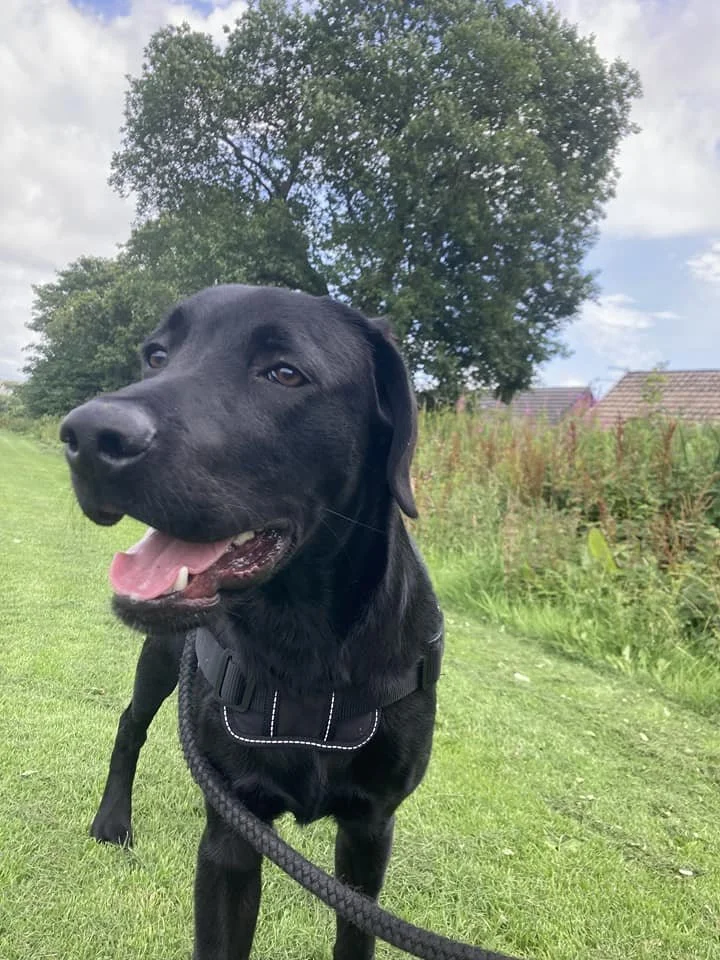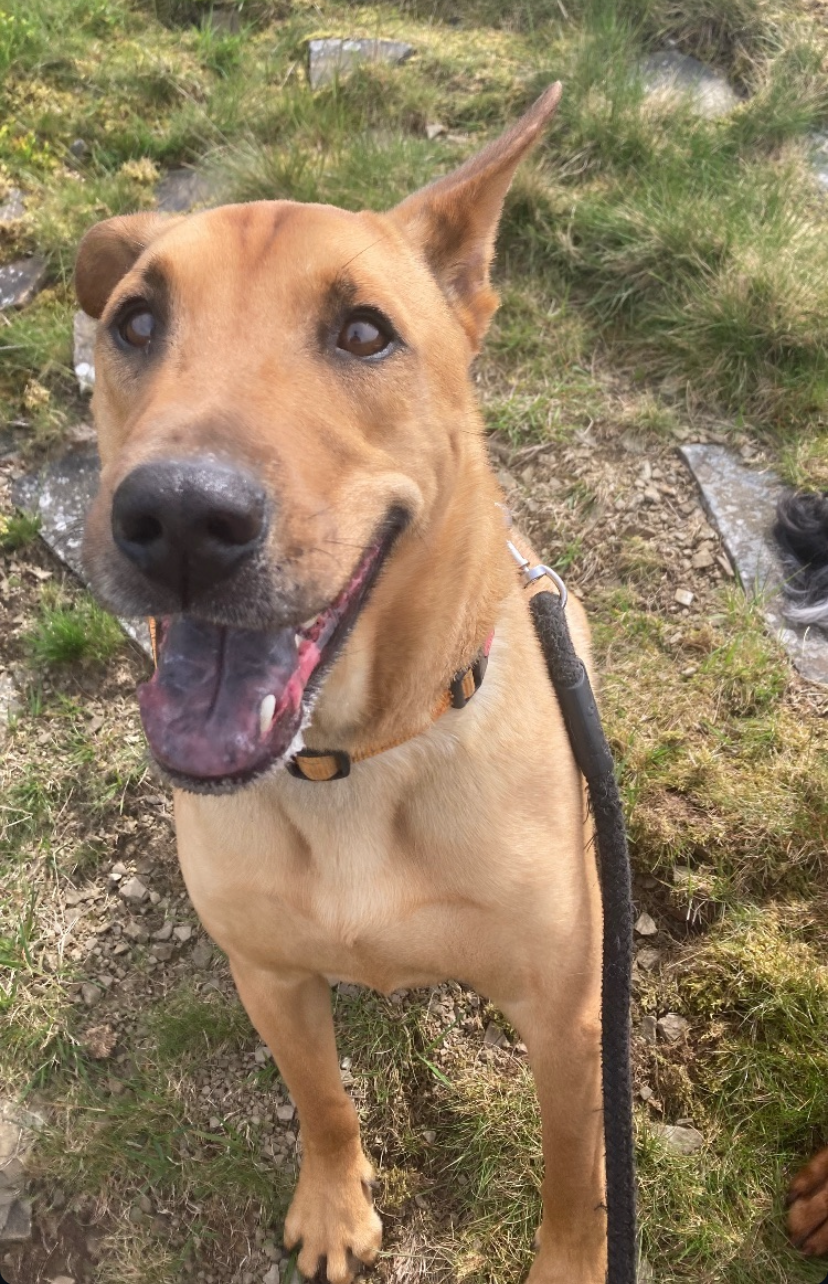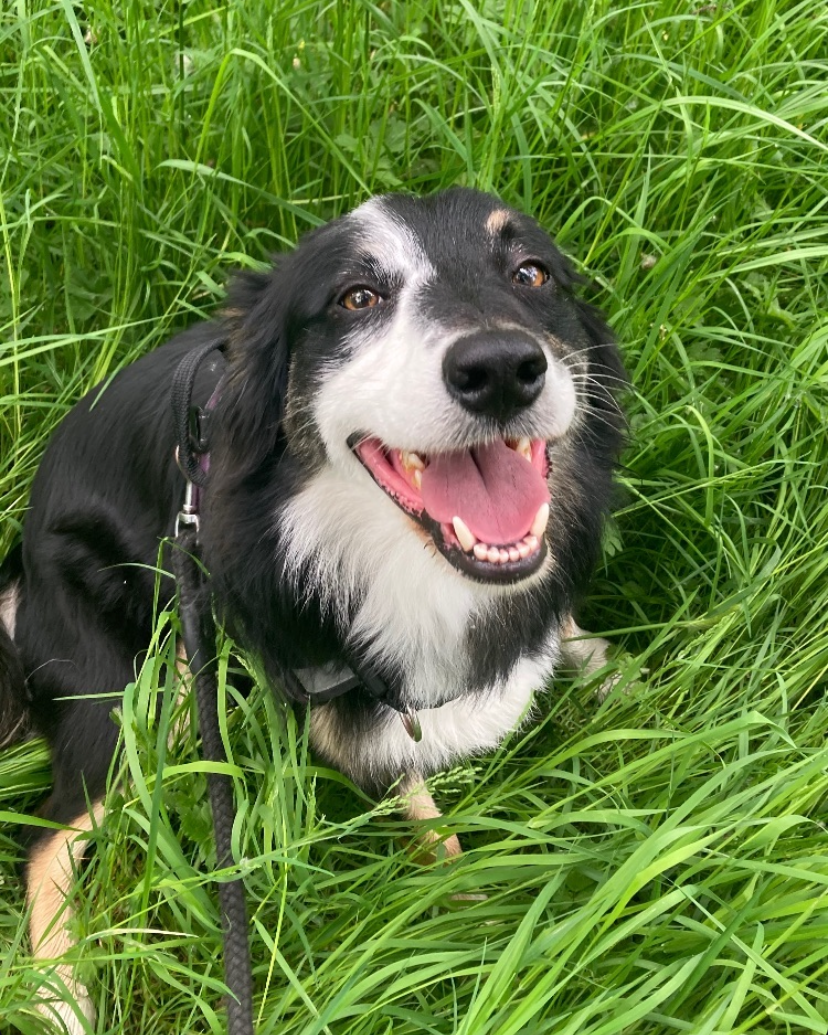Dog Walking and Behavioural Consultations with a local, friendly, reliable and trained professional
Our Services
-
Group Walks
60 minute group walk with other members of the Martyn’s Mutts pack.
-
Behavioural Consultations
1-2-1 advice and support through actionable plans for canine behavioural issues.
Testimonials
Certified in:
-
Understanding Canine Communication: Exploring how dogs communicate through body language, vocalisations, and behaviour.
Recognising Stress Signals: Identifying signs of stress or discomfort in dogs, including subtle cues.
Reading Positive Signals: Learning to recognise when a dog is comfortable and happy.
Contextual Interpretation: Understanding how context affects body language interpretation.
Applying Knowledge in Training: Using body language insights to enhance training and behaviour modification.
-
Understanding Aggression: Examining the different types of aggression in dogs, including fear-based, territorial, and social aggression.
Assessing Behaviour: Learning how to assess a dog’s behaviour and triggers, as well as recognising body language associated with aggression.
Behaviour Modification Techniques: Exploring effective techniques for modifying aggressive behaviour, including positive reinforcement strategies.
Safety Protocols: Understanding safety measures for handling aggressive dogs, both in training environments and in everyday situations.
Owner Education: Providing guidance on how to educate dog owners about aggression, including management strategies and when to seek professional help.
-
Understanding Human Aggression: Exploring the reasons behind aggressive behaviour directed towards humans, including fear, anxiety, and territoriality.
Identifying Triggers: Learning how to identify specific triggers for aggressive behaviour in dogs, such as certain situations, people, or environments.
Risk Assessment: Understanding how to assess the level of risk associated with a dog displaying aggression towards humans.
Behaviour Modification Strategies: Exploring various training techniques and behaviour modification strategies, focusing on positive reinforcement and desensitisation.
Safety Protocols: Discussing safety measures for handlers and owners when working with aggressive dogs to prevent incidents.
Owner Support and Education: Providing guidance on how to help dog owners understand and manage their dog's aggression, including when to seek professional assistance.
-
Understanding Resource Guarding: Examining what resource guarding is, including the types of resources dogs may guard (food, toys, space, etc.) and the underlying motivations.
Identifying Signs: Learning to recognise the signs of resource guarding, including body language and behaviours that indicate a dog is uncomfortable or protective.
Assessment Techniques: Understanding how to assess the severity of resource guarding behaviours and identify triggers.
Behaviour Modification Strategies: Exploring effective training techniques to address resource guarding, focusing on positive reinforcement and desensitisation methods.
Safety Measures: Discussing safety protocols for handlers and owners when managing a dog that exhibits resource guarding tendencies.
Owner Education: Providing guidance on how to educate dog owners about resource guarding, including management strategies and prevention techniques.
-
Understanding Separation Anxiety: Examining what separation anxiety is, including its causes and how it manifests in dogs.
Recognising Symptoms: Learning to identify common signs of separation anxiety, such as excessive barking, destructive behaviour, and house soiling.
Assessment Techniques: Understanding how to assess the severity of separation anxiety and identify triggers for the behaviour.
Behaviour Modification Strategies: Exploring effective training methods to help alleviate separation anxiety, including desensitisation and counter-conditioning techniques.
Creating a Supportive Environment: Discussing how to set up a dog's environment to reduce anxiety and promote comfort when left alone.
Owner Education: Providing guidance on how to educate dog owners about separation anxiety, including management strategies and when to seek professional help.
-
Understanding Puppy Development: Exploring the different stages of puppy development and the behaviours commonly exhibited at each stage.
Common Behavioural Issues: Identifying typical issues that arise during the puppy stage, such as nipping, chewing, and house training challenges.
Socialisation Strategies: Learning the importance of socialisation and how to safely expose puppies to various people, environments, and other animals.
Basic Training Techniques: Introducing fundamental training concepts, including basic commands, reinforcement techniques, and establishing good manners.
Preventative Measures: Discussing how to prevent behavioural problems from developing by providing appropriate outlets for energy and mental stimulation.
Owner Education: Guiding puppy owners on how to manage and support their puppy’s development, including establishing routines and expectations.
-
Fundamentals of Dog Training: Introducing key concepts of dog training, including the importance of positive reinforcement and the role of motivation.
Understanding Canine Behaviour: Exploring basic canine behaviour and learning how dogs learn, including different training theories and techniques.
Basic Commands: Teaching essential commands such as sit, stay, recall, and heel, along with effective methods for training these behaviours.
Communication Skills: Developing effective communication skills between the trainer and the dog, including body language and verbal cues.
Problem Solving: Identifying and addressing common training challenges and behavioural issues that may arise during training.
Socialisation: Understanding the importance of socialisation and how to safely introduce dogs to various environments, people, and other dogs.
-
An intensive hands-on program to build practical skills in coaching group dog training classes, covering essential skills such as structuring and planning classes, teaching effective training methods, and using observational techniques to assess both dog and handler progress.
-






















